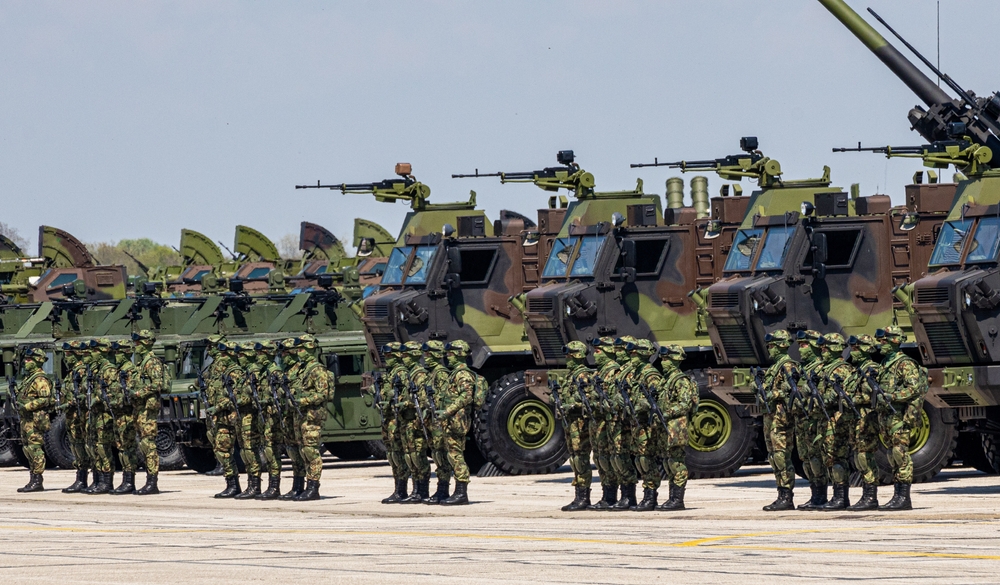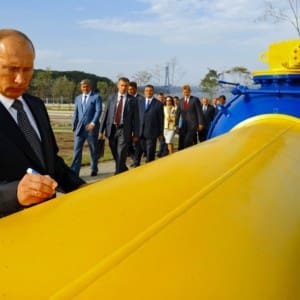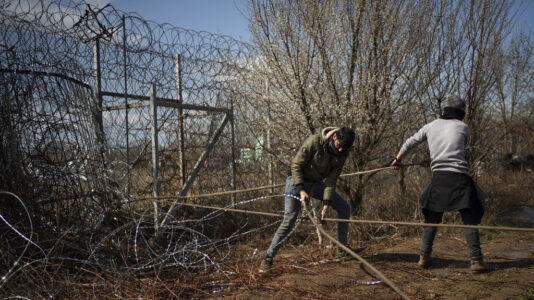Serbian President Aleksandar Vučić, as the commander-in-chief of the army, signed a document calling on the government to urgently take steps to introduce 75 days of military service. Now questions are being raised about how this will affect ethnic Hungarians living in Serbia, and whether such a draft could at some point reach Hungary itself.
The mandatory military service in Serbia applies to men between the ages of 19 and 27, but women can also join on a voluntary basis. Members of the youngest generation, who will be required to enlist, will be those born in 2006. According to the plan, in justified cases, citing university studies or family reasons, it will be possible to postpone enlistment until the age of 30. It is also possible for those who refuse to bear arms for reasons of conscience to serve the mandatory 75 days as civilians.
Bálint Pásztor, the president of the Vojvodina Hungarian Association (VMSZ), stated that his party opposes the re-introduction of conscription in Serbia because the decision could lead to further emigration of Vojvodina Hungarians, which is the ethnic Hungarian population living in Serbia.
The party president wants to win various concessions for these ethnic Hungarians. According to the researcher, the introduction of compulsory conscription entails complicated practical steps, if it is accepted by the parliament.
According to him, there are currently many question marks. There are 11 military facilities in Serbia that could be used for this purpose, but the logistics must also be organized. The authorities must determine exactly how many people are affected by the measure, how many meet the requirements, and how many pass the medical and psychological examination. Further problems are caused by the fact that some of the young people with addresses in Serbia do not live in the country, while others have dual citizenship. It is also questionable how the measure affects Vojvodina Hungarians.
Competition in the Western Balkans
According to the researcher, none of this represents a security policy risk for Hungary, as it is in the interest of both Hungary and the EU to be surrounded by stable countries with strong defense capabilities. In addition, settling the instability in the Balkans requires the countries of the region to have the ability to deter. As he explained, Serbia is a militarily neutral country — like Austria and Switzerland — and not a member of NATO. This kind of neutrality is very expensive. He added that the Western Balkan country is constantly purchasing and producing weapons for its army.
Hungarian Prime Minister Viktor Orbán also announced military-industrial cooperation with Serbia in 2023. Not long after, Serbia bought BTR-80A armored personnel carriers and then 2K12 Kub air defense systems from Hungary. Most recently, Serbia signed a contract to buy 12 new Rafale fighter jets from France in the last week of August. The researcher noted that Serbia decided to acquire the Rafale fighter after Croatia bought used French planes.
According to the expert, it is particularly interesting that President Vučić announced the restoration of mandatory military service after the Minister of Defense of Croatia, Ivan Anusity, announced: “Croatia will reintroduce two months of mandatory military service from Jan. 1, 2025.” Croatia and Serbia have been bitter rivals during the Balkan wars that plagued this region of Europe.
How will the EU and NATO react?
Tímea Zsivity, a researcher at the Europe Strategy Research Institute of the Ludovika University of Public Service, finds it difficult to imagine that compulsory military service would be introduced in Hungary in the near future. This option is mostly used by neutral countries with high social support for this measure, as well as by NATO member states that are located in war zones or areas affected by armed conflicts. Hungary is constantly developing its military force, while defense spending has reached the limit set by NATO of 2 percent of GDP.
In addition, Hungary also works on EU defense policy as the successive president of the Council of the European Union.
“The member states holding the presidency cooperate closely with each other in groups of three, so-called presidency trios. The members of the trio set long-term goals and prepare a joint program in which they define the topics and important issues that the Council will deal with during the 18-month period. One of the cornerstones of the jointly developed program of Spain, Belgium and Hungary is the guarantee of the freedom and security of EU citizens,” she said.
She noted that the Hungarian presidency wants to focus on three main areas in terms of common security and defense policy:
- To strengthen the EU’s military response and crisis management capacities
- To increase the effectiveness of European military capability development and strengthen the European Defense Technological and Industrial Base
- To promote defense innovation
She added that as long as NATO provides collective defense for most member states, the EU intends to take action against hybrid threats, cyber security threats, organized crime, and external border protection.






